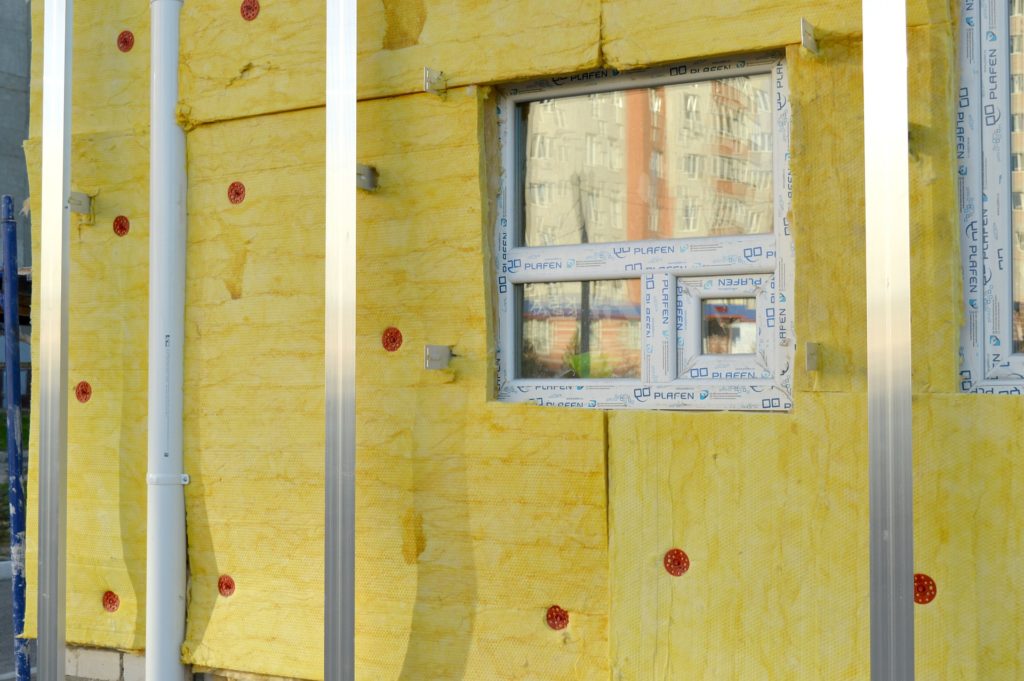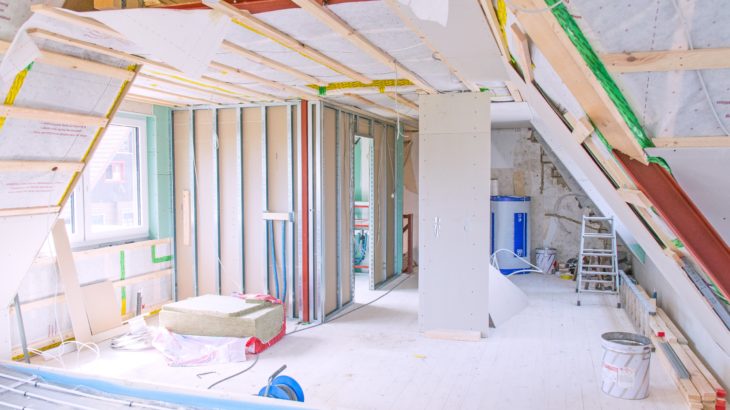The benefits of insulation, whether in your walls or roofs, have been talked about on countless occasions: from how insulation is essential to keep the warm air in and keep the hot air out to how insulating HVAC systems can reduce the amount energy needed to cool and heat your rooms. Other advantages include how insulation can be used to reduce moisture in your living spaces, this is especially useful when planning out basements. This post explores two cost-effective and eco-friendly insulation options that move away from popular insulation materials.
Polyurethane Foam Insulation
Commonly known as spray foam insulation, this is an effective insulation alternative to fiberglass and cellulose. Spray foam boasts a higher R-value than most insulation materials and can help create air-tight homes that will help you save. As the name suggests, this foam is sprayed into the frames of your walls where it expands to fill the gaps and crevices providing you with complete insulation. This reduces dust and pollen infiltration, reduces the likelihood of mold, and provides structural reinforcement to the building frame. The only downside is that spray foam can’t be carried out as a DIY project and usually involves a higher upfront cost than conventional insulation but the latter is typically evened out by a quick payback period.

Aerogel
This ultralight material, nicknamed frozen smoke for its appearance, is created when the liquid component of a gel is replaced with a gas to create a low-density material with low thermal conductivity. This material helps to reduce energy costs and can outdo most traditional insulation materials. When compared to fiberglass, mineral wool, and cellulose, Aerogel is not only more efficient (with an R-value of R-10.3 per inch) but also more cost-effective, easy to install and handle, as well as being highly fire resistant. If you opt for Aerogel, your qualified insulation specialist will measure out the frames that need to be insulated, cut the sheets to measure, and install – its that easy! These features help to define Aerogel as the most efficient insulator in the world.
The insulation world is moving towards more eco-friendly options. This includes thinking of how to recycle the materials that have already been processed, such as cotton and creating 100% post-consumer formulations with no formaldehyde or VOCs that boast R-values up to 30. Or creating insulation in forms not typically thought of, such as creating beads from Aerogel to create Silica Aerogel an insulation granule that is used to fill glazing panels and provides R-values up to 20.




















I never knew that insulation could help improve your home’s energy efficiency by keeping warm air inside the home. My friend is thinking about owning a countryside home because of its proximity to nature and the mountains! Perhaps finding an insulation company could help him with this someday.